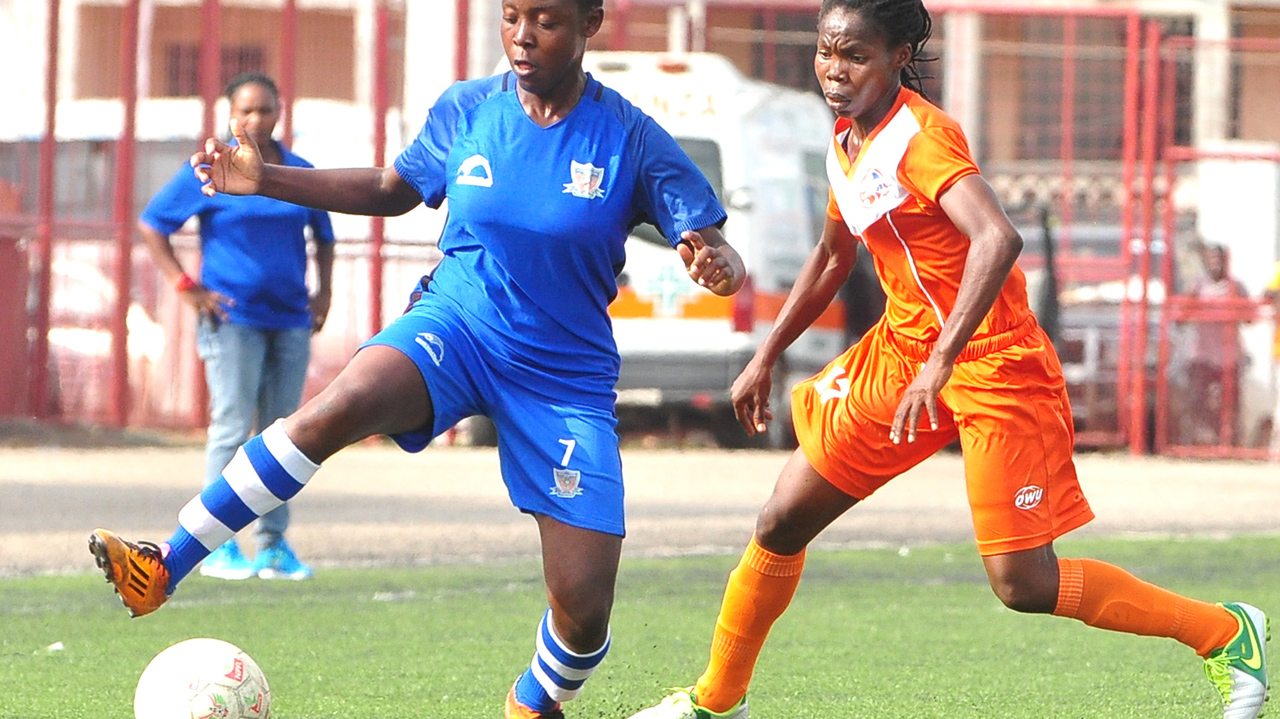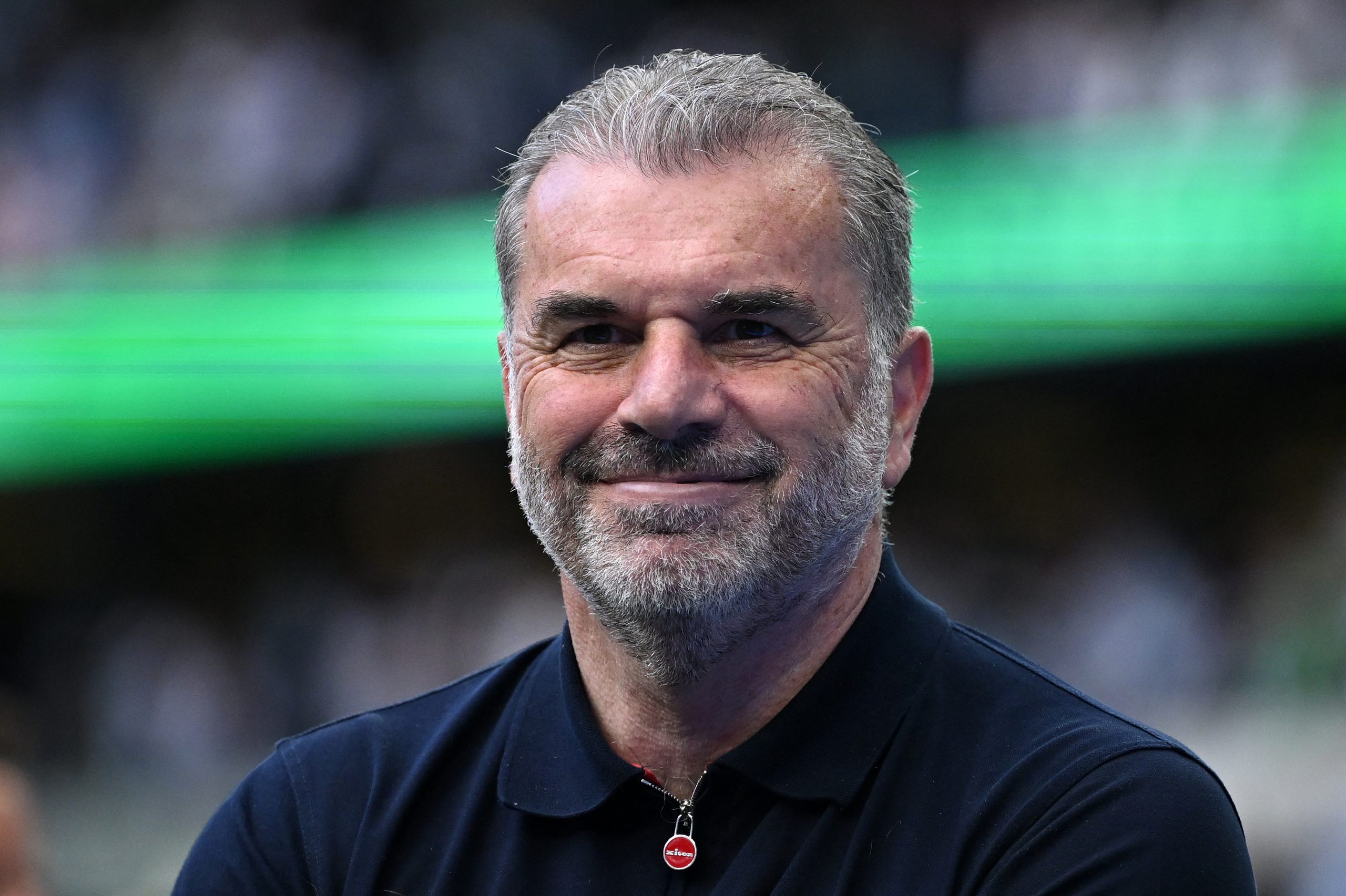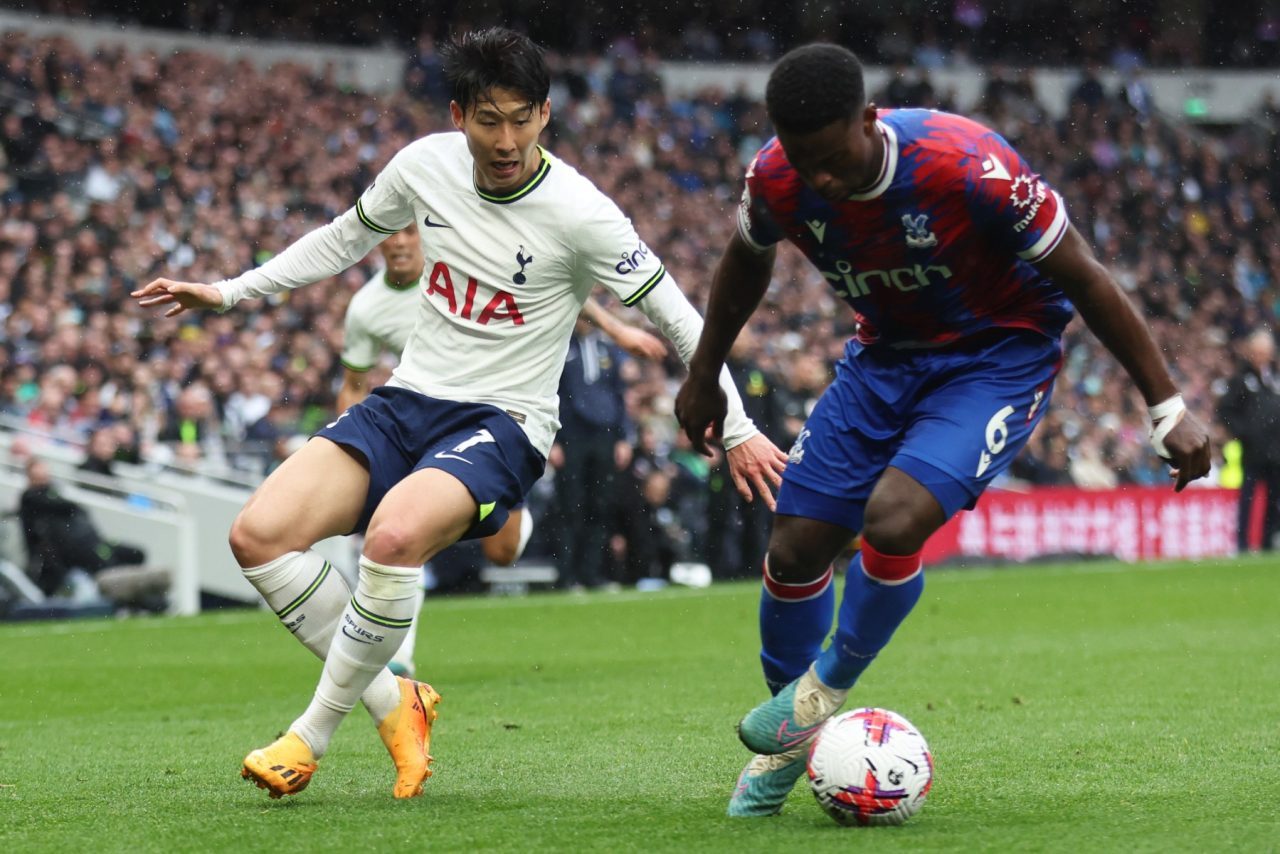From leading the development of women’s football in Africa, Nigeria has recently been consigned to an also-ran status. GOWON AKPODONOR writes on the need for attitudinal change, rejigging of administrative style, and improved investment in critical infrastructure if the country must regain its position among leading lights in female football.
Nigeria is regarded as the pioneer of women’s football club championships in Africa. Although there were attempts by several West African countries to organise women’s championships before the inception of the Nigerian women’s club championship, the country is on record as the first on the continent to organise a women’s football league, with players drawn from across the West African region.
In the 1970s, when women’s football fever was sweeping across the world, Nigeria was at the forefront of the new game with the formation of the Nigeria Female Football Organising Association, which was later renamed Nigeria Female Football Proprietors Association (NIFFPA) in 1979.
With no continental championship to strut their stuff in the game, the 28 pioneer clubs, including Jegede Babes, Ufuoma Babes, Larry Angels, Kakanfo Babes, and Pelican Stars, among others, began the first known women’s football league in West Africa.
These clubs threw up many fantastic players, who formed the country’s first national team that dominated African football in the 1980s up to the early 2000s.
Nigeria won the first five African Women’s Championships in a row, beginning with the maiden edition in 1990, and reached the quarterfinals of the 1999 Women’s World Cup.
When Nigeria dominated the game in Africa, Morocco and South Africa, whose clubs now hold sway in African inter-club championships, were still struggling to establish a foothold in the game.
Today, Morocco, South Africa, and lately, Congo DR, are dominating the African Women’s Champions League, which debuted in 2020.
South Africa’s Mamelodi Sundowns won the inaugural title, beating Ghana’s Hasaacas Ladies in the final hosted by Egypt, while AS FAR of Morocco dethroned the South Africans to take the 2022 title. Mamelodi Sundowns reclaimed their title in 2023 when they beat SC Casablanca 3-0 in the final.
Last year, DR Congo’s TP Mazembe joined the list of winners with their 1-0 defeat of AS FAR of Morocco in the 2024 final.
The CAF Women’s Champions League offers the winner $600,000, with second, third and fourth-placed teams getting $400,000, $350,000, and $300,000, respectively.
Teams that finish in third place during the group stage are guaranteed $200,000, while the fourth-placed team in the group stage gets $150,000.
Since the beginning of the championship, the highest placing by a Nigerian team is the third position won by Bayelsa Queens, in the 2022 edition of the championship. Edo Queens finished their campaign last year in fourth position.
Nigeria’s rapid growth in women’s football in the early days was predicated on the large number of companies that were eager to identify with the game, as well as the dedicated individuals, who spent their time and resources in financing clubs and championships.
Sadly, such glory days are long gone with the women’s league, now known as the Nigeria Women Football League (NWFL), most of the time, running for a full season without sponsors.
As in previous years, the 2024/25 NWFL season, which started on January 15, 2025, is ending this weekend without a title sponsor. It has been the same since 2023. The league has been on a downward spiral since soft drink giant, Pepsi, pulled out its sponsorship of Nigeria’s women’s football in 2001.
On Tuesday, the Nigeria Women Football League (NWFL) said in a statement that the only approved sponsorship for the 2024/2025 season is the End-of-Season Best Goalkeeper Award, valued at N200,000, which is sponsored by the Judith Chime Foundation.
The award will be presented at the conclusion of the ongoing NWFL Premiership Super Six, which runs from May 9 to 17, 2025, at the Remo Stars Stadium in Ikenne, Ogun State. It added that “the NWFL is open to well-structured, transparent partnerships that align with its vision for the sustainable growth of professional women’s football in Nigeria.”
In a country where there is still some level of discrimination against women, especially in the North, getting sponsorship for the ladies’ game has proved a daunting task. This is compounded by the suspicion and negative perception of some sports administrators, who, unfortunately, don’t command the trust of state governors or corporate Nigeria.
Stakeholders believe that the poor performance of Nigerian clubs in international competitions could be hinged on the poor welfare package for the players, which spurs them to seek greener pastures. Poor remuneration by the clubs stems from their inability to secure corporate support for their programmes and players’ welfare.
Eddington Kuejubola, who founded the defunct Ufuoma Babes of Warri, is among the first set of female football proprietors in Nigeria. While his club, Ufuoma Babes FC of Warri, laid the foundation for female players in the then Bendel State, Jegede Babes FC, owned by Princess Bola Jegede, and Simbiat Babes FC, funded by the late Simbiat Abiola, were the pioneer female clubs for young female players in the South-West. Chief Larry Eze floated Rivers Angels FC to cater to female footballers in Port Harcourt, Owerri, and Aba axis.
Speaking on Nigerian female sides’ failure to successfully challenge for honours when pitted against other African teams, Elder Kuejubola said that the country’s performance so far in the CAF Champions League is a reflection of the standard of the local league.

“Has Nigerians investigated why Pepsi pulled out of the sponsorship of the Women Football League? Kuejubola asked.
“I still remember a comment by Pepsi’s Iain Nelson that the company was no longer interested in sponsoring the women’s league because the money they were giving out was not getting to the players and their clubs.
“This means that the money from the sponsorship was going into the pockets of some individuals in the football house. As a sponsor, if you no longer get mileage for the money you are giving out, there is no need to continue with the sponsorship.
“Those running our football don’t have the interest of the women’s league at heart; they only talk about women’s football when it is time to travel abroad and collect estacode allowances. When was the last time you saw an NFF communiqué talk about women’s football at the end of an AGM? We must change a lot of things for our women’s league to grow,” he stated.
Kuejubola said that players’ welfare is crucial in women’s football, particularly at the league level. “It is very, very important. It goes beyond just playing football.
It encompasses every aspect of a player’s well-being. Proper feeding ensures they have the nutrition needed to perform at their best, while decent accommodation provides a stable and comfortable environment for rest and recovery.
“Additionally, financial support is essential to cater to their personal needs, from basic necessities to healthcare and even motivation. When players are well taken care of, they can focus entirely on their performance on the pitch, knowing that their welfare is prioritised,” Kuejubola, a former chairman of the Delta FA, said.
While many countries are working on strategies to build their women’s football to levels where it could challenge the best of the world, Nigeria seems to have no strategy to build the game, leveraging on the large number of girls willing to play football.
Ghana recently embarked on a women’s football development programme that involved about 320 girls from 32 schools in and around Kumasi area.
The project, according to the Head of Women’s Football Development at the Ghana Football Association, Jennifer Amankwaa Sarpong, is part of her country’s efforts to encourage girls to play football. The programme, she added, follows the launch of Ghana’s women’s football strategy in 2023.
“The GFA has women’s football at heart,” she said. “Ever since we launched our women’s football strategic plan, we have been looking for opportunities to create more activities at the grassroots level to strengthen our pathway. Thanks to the partnership with FIFA, we are able to bring these opportunities all over Ghana, for girls to access the game and have fun through football,” Sarpong stated.
FIFA stated in a recent report that it was working hard in all areas of the globe to help deliver a goal of 60 million female players by 2027. The ambitious target is underpinned by numerous development programmes with all FIFA member associations eligible to apply for support from the world governing body.
To realise the objectives within Goal 1 (Develop & Grow) of FIFA’s Women’s Football Strategy (2024-2027), FIFA offers numerous development programmes. Primary among the programmes are the Women’s Football Strategy, designed to formulate a bespoke strategy, the Women’s Football Campaign to build the player base, followed by League Development, which is focused on domestic competitions.
But Kuejubola doubts if the FIFA intervention would make any difference in the Nigerian situation if the NFF doesn’t change its attitude to the game.
“I know the role FIFA is playing to develop women’s football and the league across the globe,” Kuejuloba said.
“But the big question we need to ask is ‘what has happened to the FIFA Goal Projects in Ugborodo, Delta State, and the one in Kebbi State? I am sure FIFA is not happy with the level of work done on those Goal Projects. It spills down to other areas. There is a need for Nigerians to look inward,” Kuejubola said.
One of the most glaring issues in Nigerian football is the disparity in funding between men’s and women’s sports. Women’s teams across different sports struggle with inadequate financial backing, poor welfare packages, and substandard training facilities.
For instance, even though the Super Falcons remain the most successful female national team in Africa, they often fight for their bonuses and allowances, a challenge their male counterparts, the Super Eagles, rarely face.
For some stakeholders, such challenges highlight the glaring inequalities that persist in the nation’s football.
Dilichukwu Onyedinma, who was chairperson of the Nigeria Women’s Football Association between 2011 and 2015, said that Nigeria’s women’s football lacks corporate support because key actors in the business world feel that the administrators are not transparent in the way they handle investors’ money.
Speaking with The Guardian from her base in the United States, Onyedinma said the leaders must find a way of bringing everybody who can help grow the league into the system.
She advised the managers of the league to make listening to the clubs, players, coaches, and partners their priority.
She added that holding open forums and meeting one-on-one would help the managers know the players’ and coaches’ concerns and hopes for the league.
Onyedinma said that another issue dogging the growth of women’s football is the instability in its administration.






